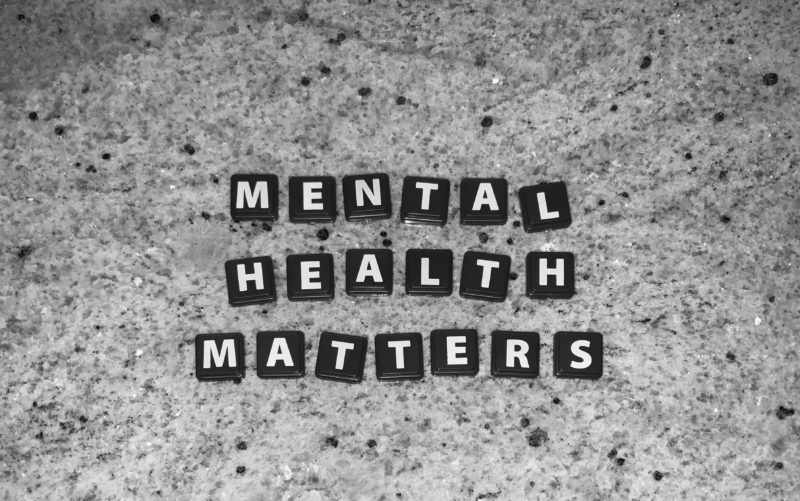May is Mental Health Month, a yearly reminder from Mental Health America (MHA) about how important it is for Americans to take stock of their mental health.
Since 1949, MHA and its affiliates across the country have used Mental Health Month to spread the message to millions of Americans that mental health is something that everyone should care about. This year, MHA is releasing a Mental Health Month toolkit with the theme, “Back to Basics,” with the goal of sharing foundational knowledge about mental health and providing information about what individuals can do if they have concerns about their own or a loved one’s mental well-being.
A Growing Concern
The last few years have been an especially trying time for mental health. An unprecedented global pandemic disrupted almost every aspect of our lives, including work, school, sports, entertainment, family gatherings, and travel.
Millions of people, especially the elderly, isolated to protect their physical health, but in many cases, their mental health suffered as they missed out on the familial and social connections that normally would give them such joy. Constant worry about contracting a potentially fatal disease also took its toll.
The pandemic was layered on top of other factors that likewise have a detrimental impact on mental health—everything from financial strains to interpersonal relationships to drug and alcohol abuse. There is also the stress of societal issues, many of which come in the form of systemic injustices such as racism, sexism, homophobia, and transphobia that MHA identifies as causing a heavier mental health burden for millions.
The Importance of Early Intervention
With some many factors impacting mental health, MHA stresses the importance of early identification and intervention for those in need—and the number of people who fall into that category, unfortunately, is quite significant. In the association’s 2022 report, “The State of Mental Health in America,” one of the key findings was that nearly 20% of adults—almost 50 million Americans—experienced some form of mental illness in 2019—and that was prior to the start of the pandemic.
Mental health issues are even more widespread when considered in the long term. MHA reports that about half of Americans will meet the criteria for a diagnosable mental health condition at some point in their lifetime. On average, there’s an 11-year gap between the first sign of symptoms and the start of treatment, meaning that millions of people are facing mental health challenges for a considerable time on their own before reaching out for a diagnosis.
Take the First Step
Being more aware of your mental health is the first step toward recognizing whether you need treatment to overcome the symptoms you may be experiencing. You may think it’s not a cause for concern to be “down in the dumps” occasionally or sometimes being so restless that it’s hard for you to sit still. But could the former be a sign of depression or the latter a sign of anxiety? The best way to tell initially may be to take an online screening test.
MHA offers screening tests that will indicate whether you are experiencing the symptoms of such mental conditions as depression, anxiety, PTSD, psychosis, bipolar disorder, or postpartum depression. While the screening tests do not provide a definite diagnosis, they will give an indication of whether you are suffering from a specific mental health condition—and whether it is mild, moderate, or severe.
Reaching Out for Help
Equipped with an assessment from one or more screening tests, you then can determine next steps, such as whether it is advisable to follow up with a trained mental health care professional. A mild level of anxiety may not be cause for intervention, but a moderate level very well might—and a severe level would be a clear warning sign that you need to address your mental health symptoms without delay.
Reaching out to a professional counselor will provide you with a definitive diagnosis, which will lead you toward a treatment plan that will address your mental health condition and put you on a path to a better quality of life.
Beachside offers mental health care treatment for anxiety disorders, depression, trauma, grief and loss, codependency, bipolar disorders, PTSD, and other stressors in your life. If you’d like to learn more, contact our trained admissions counselors at 866-349-1770 for details.

